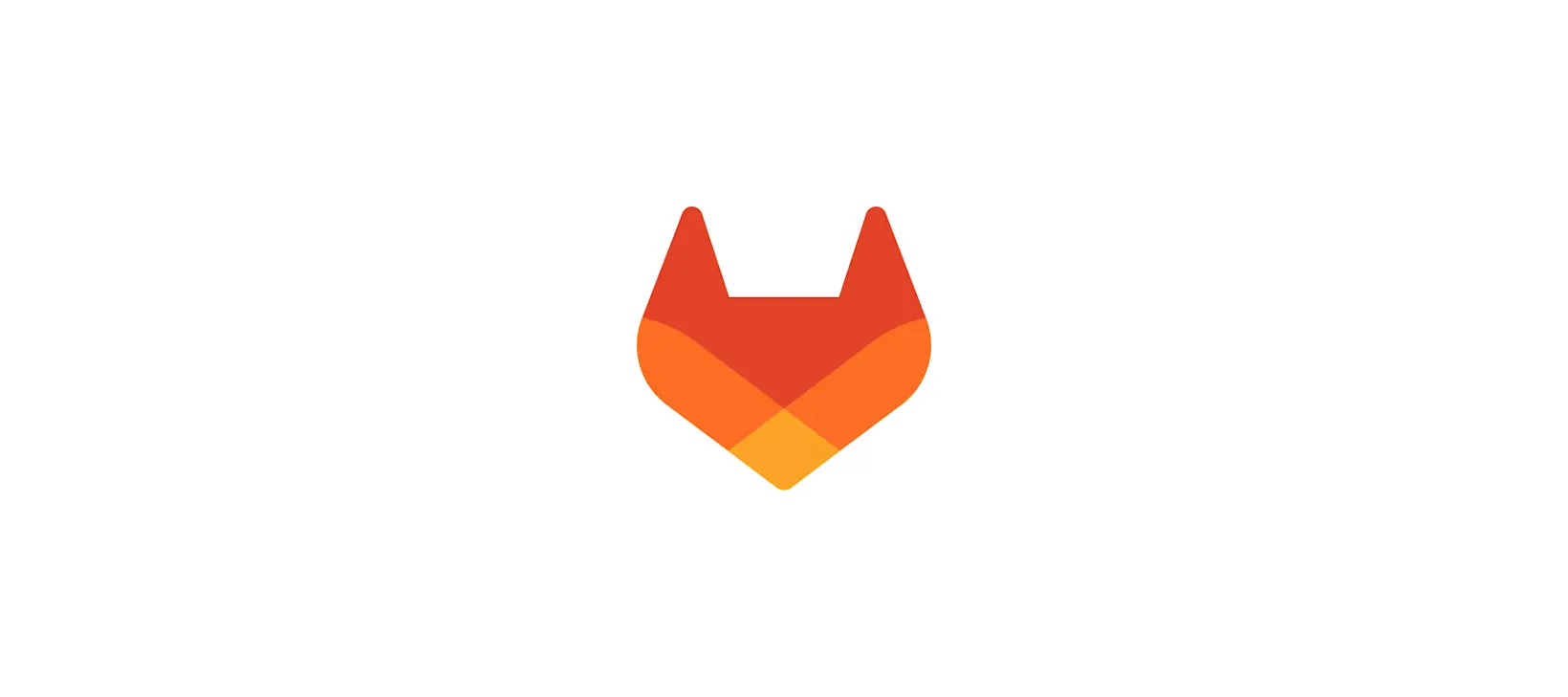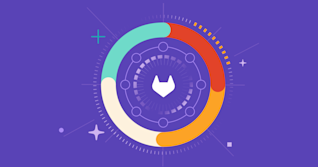What you need to know
- GitLab moves from annual true-ups to quarterly subscription reconciliation
- Introduces cloud licensing and auto-renewals for improved license management
- Requires collection of operational data for customer success services
- Applicable to new customers from August 1, 2021 and existing customers at their next renewal
Today, we are announcing changes to improve the billing and subscription management experience for customers. While quarterly subscription reconciliation benefits both our SaaS and self-managed customers, the three other improvements, including the collection of operational data for customer success services, auto-renewals, and cloud licensing, will enhance the product and service experience for self-managed customers.
While other vendors are shifting to only offering SaaS, we are committed to providing our customers with a choice of deploying GitLab through the GitLab SaaS offering or the GitLab self-managed offering within the customer's datacenter or through a cloud provider of choice. These improvements ensure the self-managed deployment option remains efficient and continues to help customers achieve their desired business outcomes.
The updates are not applicable to free tier users (both SaaS and self-managed) and community program users (GitLab for Education, Open Source, and Startups). For customers purchasing GitLab via channel partners or resellers, quarterly subscription reconciliation and auto-renewals will not be available at launch, but they will be made available subsequently.
Four key changes
There are four key changes that will be applicable to new and existing paid tier customers.
1. Quarterly subscription reconciliation
Annual true-ups were confusing and frustrating for customers. With quarterly subscription reconciliation, users added during a quarter will only be charged for the remaining quarters of their subscription term as opposed to the full annual subscription fee(s) with annual true-ups. Customers stand to gain substantial savings for add-on users as there is no retroactive charge. For example:
| Quarter in which users are added | Payment period with quarterly subscription reconciliation | Savings per add-on user compared to annual true-ups |
|---|---|---|
| First | Remaining three quarters only | 25% |
| Second | Remaining two quarters only | 50% |
| Third | Remaining one quarter only | 75% |
| Fourth | Next subscription period only | 100% |
Under no scenario will the license cost for add-on users in the quarterly subscription reconciliation model be higher than in the annual true-up model.
2. Auto-renewals
Subscriptions on GitLab SaaS are already on auto-renewal. This has made the renewal process more seamless for customers and more efficient for GitLab Inc. After the next renewal, all subscriptions for self-managed customers will be set to auto-renew. There is an option to manually cancel on the GitLab customer portal anytime up to thirty (30) days before renewal. If cancelled, customers can continue to use GitLab until their subscription expires.
3. Cloud licensing
Self-managed customers will be able to activate their GitLab instances via an activation code and manage their GitLab licenses using the GitLab customer portal. License data such as subscription tier, active users, guest users, and inactive users will be synced with GitLab daily to facilitate quarterly subscription reconciliation and auto-renewals.
4. Operational data
To enable consistent customer success services for paying customers, self-managed instances will be required to share aggregated operational data that indicates the adoption of product use cases or features. Like SaaS service usage data, operational data for self-managed instances such as number of projects, issues, pipelines, and merge requests will be aggregated for each self-managed instance and will not contain any individual user's personal information or project-specific information. This operational data will be used by customer success services to help customers understand their usage, identify adoption issues, provide use case enablement, and recommend best practices for a successful customer journey. Please see our service usage data page for the full list of usage data and its use.
Please see our Customer FAQ for additional details regarding these four key changes.
Timeline
These changes are applicable to customers purchasing or renewing a GitLab subscription on or after August 1, 2021. For existing customers, these changes are applicable at their next renewal. At purchase or renewal -
- Customers will need to agree to the updated Subscription Agreement.
- Self-managed customers must be on version 14.1 or newer to benefit from the upgrade. Existing customers can upgrade at their own pace - GitLab will support the current license management process on 13.x versions and 14.x versions, until further notice.
These changes are not yet available to customers who purchase GitLab through a reseller or channel partner, but will be made available subsequently. Please contact your reseller or channel partner and GitLab channel manager to benefit from these updates.
More information
The Subscription Agreement and GitLab's legacy Subscription Agreements can be found at the GitLab Terms of Service.
Please find more information in the Customer FAQs. If you require further clarifications, please contact your GitLab Sales Representative or GitLab Support.
To address any other questions and feedback, we have created a dedicated topic in the GitLab Community Forum, which is actively monitored by GitLab team members involved with this change.



